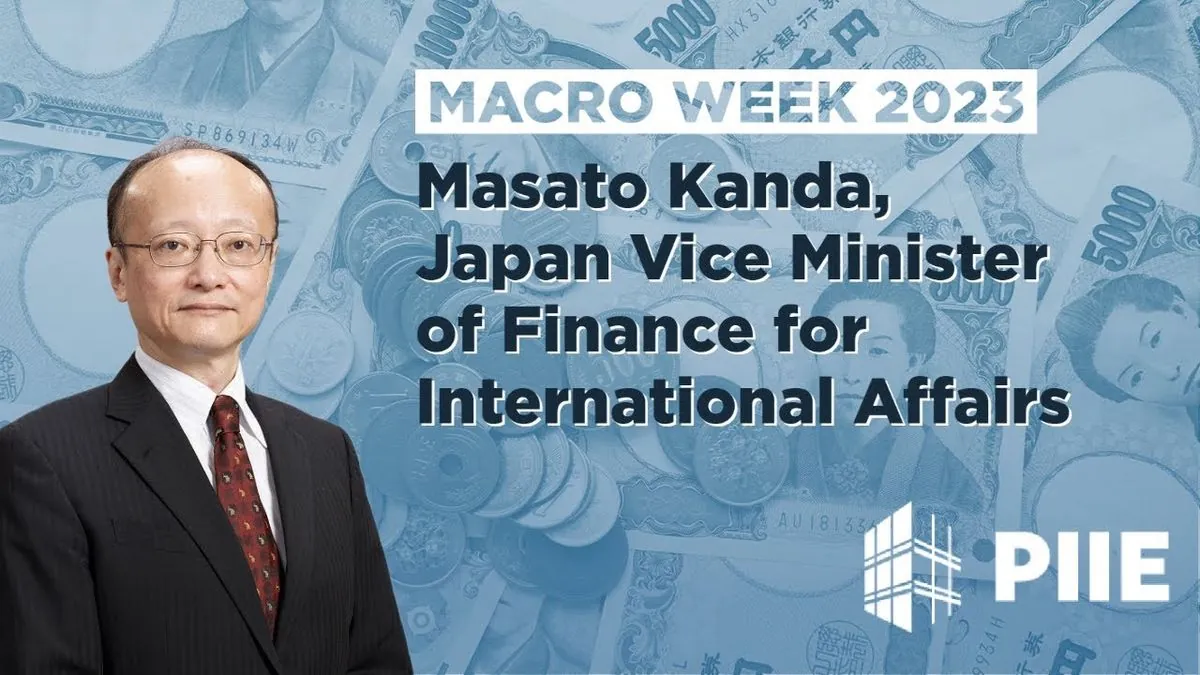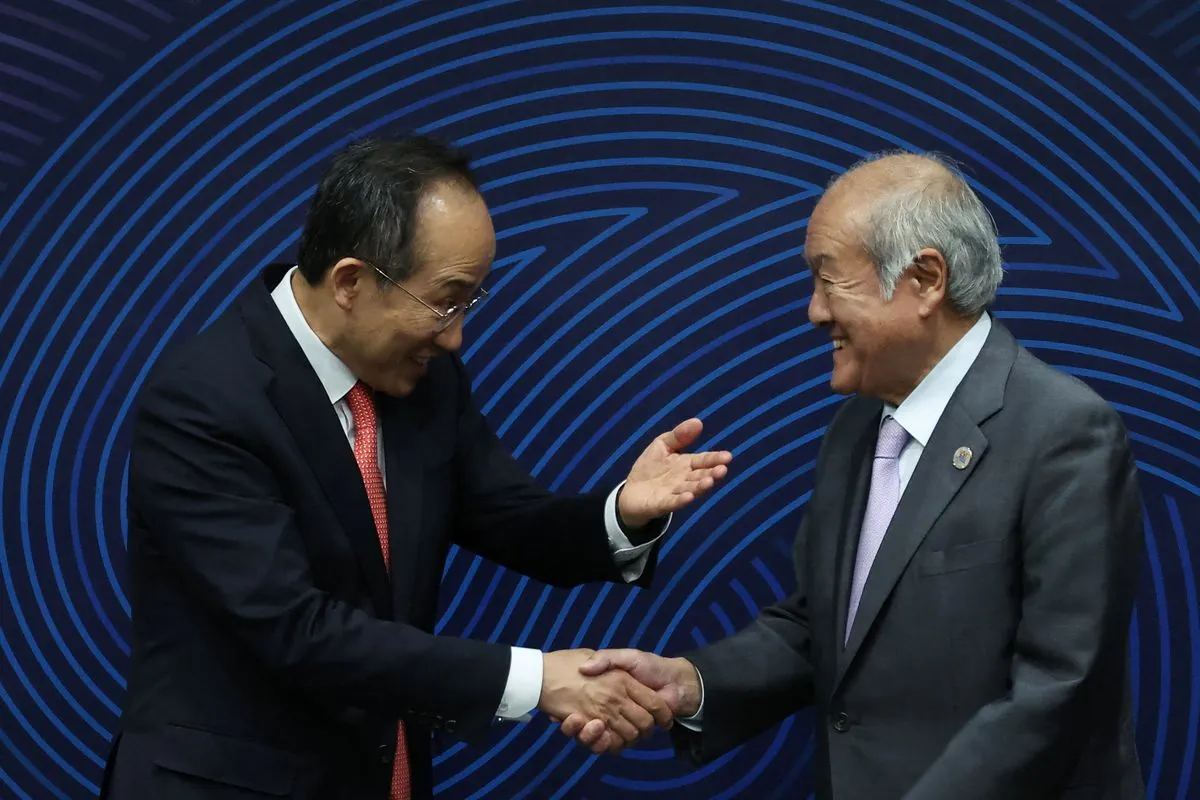Japan Proposes Masato Kanda as Next Asian Development Bank President
Japan nominates former top currency diplomat Masato Kanda for ADB presidency. The nomination follows the tradition of Japanese leadership in the bank, amid calls for more diverse representation in global financial institutions.

Japan has put forward Masato Kanda as its nominee for the presidency of the Asian Development Bank (ADB), as announced by Finance Minister Shunichi Suzuki on September 10, 2024. This nomination follows the established pattern of Japanese leadership at the ADB, a tradition that has persisted since the bank's inception in 1966.
The ADB, headquartered in Manila, Philippines, has played a significant role in the economic development of many Asian countries. With 68 member countries as of 2024, the bank has committed substantial resources to various sectors, including $31.6 billion in loans, grants, equity investments, and technical assistance in 2023 alone.
Kanda's nomination comes after his recent tenure as Japan's vice finance minister for international affairs, a position he held until July 2024. During his time in office, Kanda led significant yen-buying interventions in the currency markets in 2022 and 2024, demonstrating his expertise in financial matters.
Finance Minister Suzuki highlighted Kanda's qualifications, stating, "Kanda is most appropriate to lead the ADB as he is well-versed in Asia-Pacific affairs and has built deep networks with executives from various countries and international institutions."

The current ADB president, Masatsugu Asakawa, has announced his intention to step down effective February 23, 2025. Asakawa, who assumed the role in January 2020, oversaw the bank's response to the COVID-19 pandemic, implementing measures to support the region's economies during this challenging period.
While Japan's nomination of Kanda aligns with historical precedent, it's worth noting that the ADB has committed to an "open, transparent, and merit-based process" for electing its next president. This commitment comes amid growing calls from emerging economies for more diverse representation in global financial institutions.
The ADB's focus extends beyond traditional development financing. The bank's Strategy 2030 aims to achieve a prosperous, inclusive, resilient, and sustainable Asia and the Pacific. It has been actively involved in promoting renewable energy projects, addressing climate change, and emphasizing gender equality and women's empowerment in its initiatives.
As the selection process unfolds, it remains to be seen whether Kanda's nomination will face challenges from other potential candidates. The outcome of this process could have significant implications for the future direction of the ADB and its role in shaping the economic landscape of the Asia-Pacific region.


































